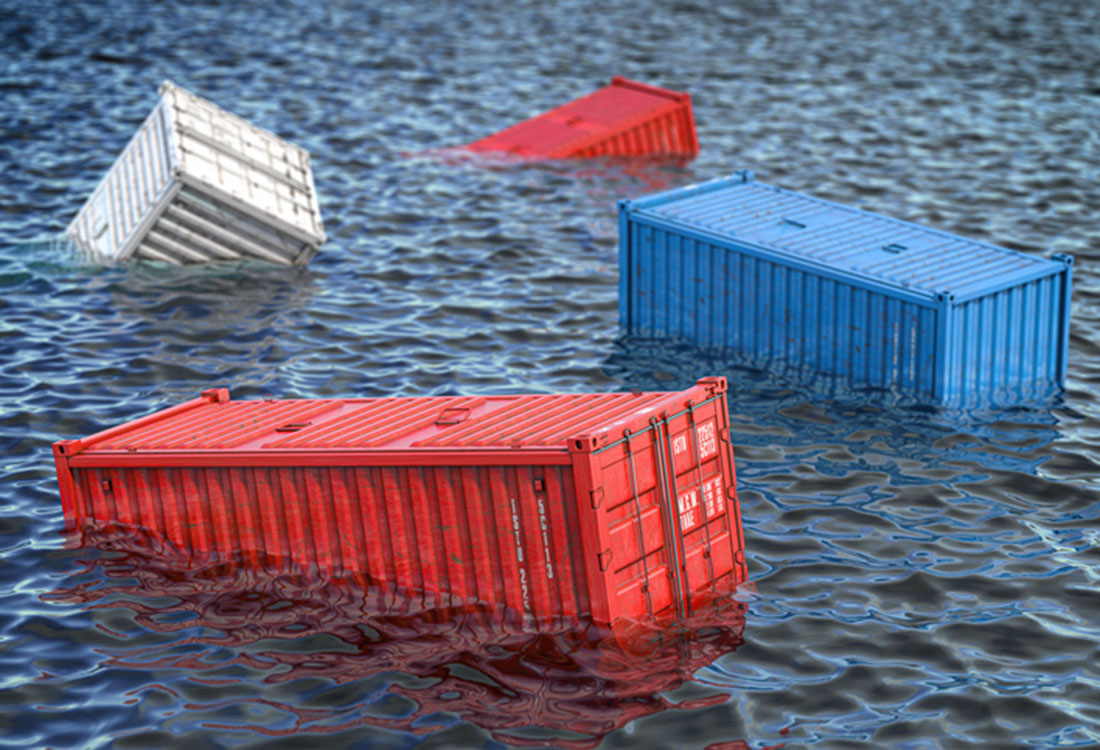
Limit of liability determines the maximum amount of money that carriers can be held liable for in the event of damage or loss of cargo. The limits of liability vary between carriers and mode of transport, however, in most cases they do not reflect the value of the cargo. Instead, freight liability reimbursements will typically be based on weight, not the true value of your cargo, potentially exposing shippers to financial risk.
This can come as an unpleasant surprise to shippers, as many are under the impression the parties involved in a claim will provide them with complete reimbursement. To many, this is the first time they are made aware of limited liability, and the fact that the liability of the carriers is very low.
Also, to be very clear, carrier limit of liability only covers damage or loss that occurred due to carrier negligence. To settle a claim, the responsibility to prove that the damage was the fault of the carrier is typically on the importer or exporter, which can be difficult to verify in many cases, affecting the ability to receive even minimal reimbursement. In reality, more than half of all limited liability claims are denied outright because shippers fail to meet the stringent burden of proving carrier negligence. There is also no official deadline to settle a claim, so the process could drag on for months and would not include reimbursement for any freight charges paid.
The only way to protect your interests is to have cargo insurance in place for all of your shipments, especially for cargo you control, from a freight cost perspective. If you are responsible for the freight charges (we always recommend you control your freight), you would normally be responsible for ensuring your shipment has proper cargo insurance in place.
Cargo insurance gives you total coverage, and ensures you receive full compensation in the event of loss or damage. At the same time, your cargo insurance provider will coordinate the claims process with all parties involved and expedite the settlement process. Typical cargo insurance coverage will cover the commercial invoice value of the cargo as well as the freight costs and add a 10% margin to this to cover any accessorial costs incurred. This is to ensure you are fully compensated in such instances.
In terms of cargo insurance, Universal Logistics can help you find the best match between your needs and the available coverage options, with the sole purpose of protecting your interests and limiting risks when shipping.
For more information, contact David Lychek, Director – Ocean & Air Services.












